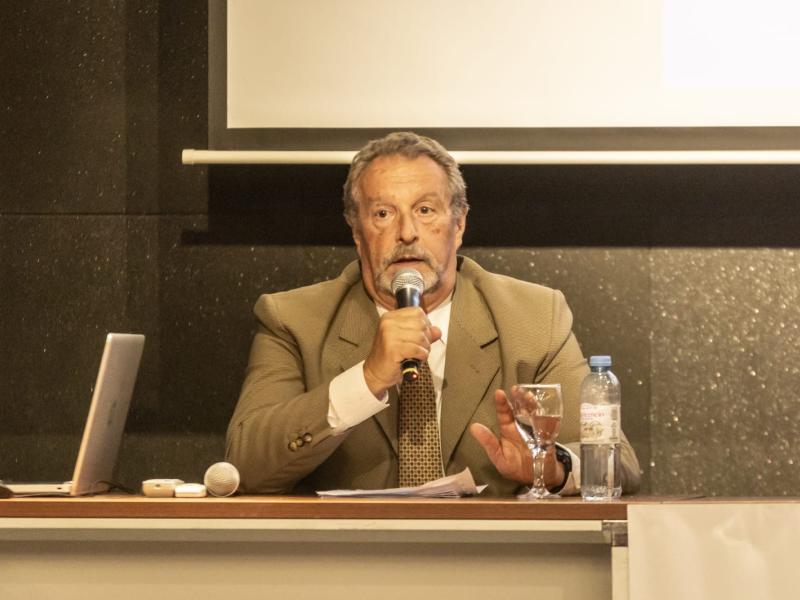ITF has launched a report which looks at how women workers in public transport are being disproportionately impacted by the job losses and negative impacts of work reorganisation caused by automation and digitalisation.
New technologies have the potential to bring benefits for women transport workers, for example in opening up new opportunities for work. However, women are often at the sharp end of automation as their jobs in ticket sales and customer service functions may be particularly at risk.
The report explores four cases from across the world where the introduction of automation and cashless ticketing in public transport systems is leading to an “equality reverse” in the workforce. Women workers, already underrepresented in the sector, are being disproportionately impacted by the job losses and negative impacts of work reorganisation.
One case study quoted in the report illustrates the point that for many women, automation has brought about financial pressure to work two consecutive seven-hour shifts in one day:
“And how are our colleagues doing? At first, we thought that the new company was paying double. These women work the morning in one place and in the afternoon, they work another shift at the other side of the city. And they are killing themselves. Do you think Metro is concerned about this situation? They don’t care. The subcontracting law is basic. Zero rights and benefits for the worker.”
The report provides an example of what happens when change is implemented in a way that is gender unaware. It testifies to how transition that fails to actively challenge existing processes of discrimination and exclusion will serve only to deepen them.
Acting Women Transport Workers and Gender Equality Officer at ITF Claire Clarke said: “Often gender is ignored in discussions around technology. Trade union action is needed to influence these new developments, including incorporation of a ‘just transition’ to support women transport workers and potential women transport workers of all ages.
“Our work programme for women transport therefore also necessarily focuses on the ‘future of work’ for women and in particular, ensuring new technology used to transform transport work benefits women transport workers and supporting unions to organise women workers affected by technology.”
The report describes the approaches and strategies that have been implemented by unions and concludes with a set of recommendations arising from the research for trade unions to advance gender equality in relation to women’s work and automation in public transport.
Notes:
The case studies used in the report are:
- Metro underground trains, Santiago, Chile – automated ticketing and closure of station offices
- Dutch Railways, Netherlands – automated ticketing and closure of station offices
- Bangkok Mass Transport Authority (BMTA bus services) Thailand – introduction of cashless payment
- Integrated Transport Network (RIT, bus services), Curitiba, Brazil – introduction of cashless payment.
The report can be downloaded from the ITF website.



